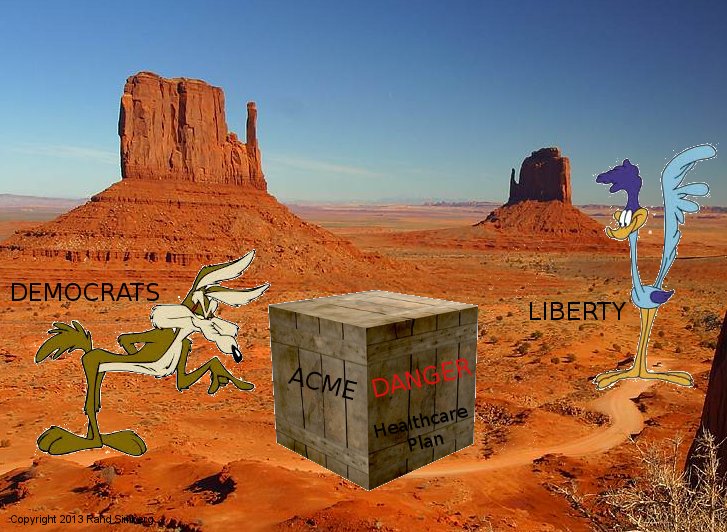It’s long past time to legalize it.
Category Archives: Business
Looking Self Published
How not to do it.
I abjectly apologize for the delays, but I can pretty much guarantee that, as a result, my book will not look like it was.
Christina Romer
…and the lies of ObamaCare.
The Fix Is Not In
Thoughts on the president’s serial lawlessness and lies:
The purpose here is not to prove, yet again, that Obama is a fraud, which would be like proving that Detroit may be a tad mismanaged. The purpose is also not to establish, yet again, Obama’s hypocrisy in condemning Bush’s flouting of a single statute when, once he assumed power, Obama so systematically violated laws that you’d think the oath says, “Take care that the laws be faithlessly executed.” The purpose is not even to reprise Thursday’s remarkable press conference, at which Obama — in the very moment of his humiliation over serial lying — brazenly repeated some of his most notorious and resoundingly disproved whoppers: the claim that his oft-repeated promise about Americans being able to keep their health-insurance plans somehow “ended up being inaccurate” when it was willfully false; the claim that this lie affects only the 5 percent of Americans in the individual market when he has known for years (as John Hinderaker shows) that Obamacare would force the cancellation of tens of millions of employer-provided plans; and so on.
No, the purpose is to highlight how insouciantly lawless and transparently political the president’s latest Obamacare “fix” is. I refer, of course, to Obama’s magnanimous proclamation that he now deigns to permit insurers to issue policies made illegal by the Obamacare statute — at least until the Democrats can get through the 2014 elections. This was frivolous to the point of malfeasance.
This is political malpractice on an unprecedented scale. The only thing keeping him from being removed from office is the same thing that got him there: the melanin content of his skin and fear of race riots.
I predicted in 2008 that electing this inexperienced, ideological, hollow narcissistic creature would ultimately be a huge setback for the cause of racial equality, and make it very unlikely that there would ever be an actually competent, qualified black man (or woman) elected to the office for decades. He’s poisoned the well.
Ethanol
Shockingly, the EPA is doing something sensible. They really need to take the stupid law off the books entirely, though.
The Insurance Industry
It should be understood that they are in cahoots with Obama, to the degree that they hate free markets. They’re just pissed that he wouldn’t stay bought. No sympathy and no honor among thieves.
Wile E. Obama
Soopergenius.

Obama’s Resignation
It’s never going to happen, Roger.
He doesn’t even believe he’s done anything wrong. He’s just angry, and frustrated and confused that so many people seem to think he has. Anyway, then we’d be stuck with Biden. Not clear that’s any better, particularly from the standpoint of Iran.
Schadenfreudarama
Some might think that Jonah Goldberg is enjoying the Democrats’ melt down too much, but I think it’s just the right amount:
In the wake of Hurricane Katrina, it took about five minutes for liberals to cast the chaos and confusion of the disaster as a searing indictment of not just the Bush administration but of conservatism itself. Whatever the merits of that argument (and there are not many), Katrina was at least a surprise. The October 1 deadline for Obamacare was set by Obama’s own administration years ago — and it caught them completely off guard. The president may now claim that he knew nothing, but he must have wondered why Henry Chao, Healthcare.gov’s chief project manager, set the bar of success at sea level last March: “Let’s just make sure it’s not a Third World experience.” At this point, it could only be more of a Third World experience if Healthcare.gov required enrollees to pay with chickens.
Go forth, and share in his joy.
Romney’s Uncanny Predictions
He knew what an Obama second term would look like.